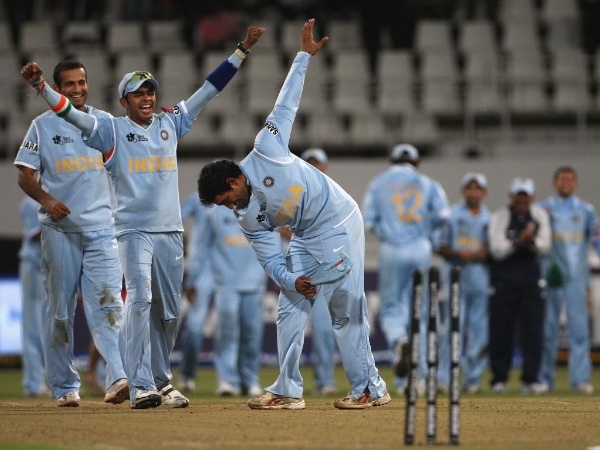Was Robin Uthappa struggling with mental health issues? Check details
Former India cricketer Robin Uthappa recently initiated a crucial dialogue on mental health, reflecting on his own experiences from 2011. His revelations come in the wake of the tragic deaths of former cricketers David Johnson and Graham Thorpe, both of whom struggled with depression for years. Uthappa's discussion underscores the profound impact of mental health issues and the importance of addressing them openly. At 38, Uthappa shared a personal and poignant account of his own mental health challenges. He recalled feeling deep shame and confusion in 2011, unsure of how to move forward. Uthappa emphasized that during such difficult times, it is vital to concentrate on the present day rather than being overwhelmed by the uncertainty of the future. He acknowledged that finding the "light at the end of the tunnel" can be elusive, but he stressed that it is crucial to keep moving forward, even if the path ahead seems unclear.
By sharing his story and reflecting on the recent losses in the cricketing world, Uthappa highlighted the necessity of addressing mental health issues with compassion and understanding. His message serves as a reminder that while the journey through mental health challenges can be daunting, focusing on incremental progress and seeking support can make a significant difference. Uthappa’s openness not only contributes to breaking the stigma surrounding mental health but also encourages others to take steps towards healing and well-being.
“We are going to be talking about depression and suicide. We recently heard about Graham Thorpe and David Johnson from India. VB Chandra Sekhar sir who was the rock of CSK. I have been there as well. It's not a pretty journey. It's debilitating. You feel like you are burden to people you love. It's challenging. You feel like you are worth less,” former Indian cricketer Robin Uthappa said in a video on his YouTube channel.
“In 2011, I was so ashamed of who I became as a human being. It's absolutely ok to not know what you have to do next. Sometimes existing for that one day, is what you have to do next. Often you don't need light at the end of the tunnel. You need the light only till the next step,” he added.
Robin Uthappa also shared his personal struggle with depression, revealing that he spent a long time searching for answers. Reflecting on his experiences, Uthappa spoke about the intense difficulty he faced in understanding and managing his mental health challenges. He described how, during those tough times, he felt lost and overwhelmed, constantly seeking clarity and solutions to his problems. Uthappa’s journey involved navigating a complex emotional landscape, where finding the right path and understanding his feelings were significant hurdles. His openness about this period highlights the often unseen battle that many people face when dealing with mental health issues.
By sharing his story, Uthappa aims to shed light on the importance of addressing mental health openly and seeking help. His experience serves as a powerful reminder that even when the search for answers seems endless, reaching out for support and focusing on incremental progress can make a meaningful difference. Uthappa’s candid discussion contributes to breaking down the stigma surrounding mental health and encourages others to recognize that they are not alone in their struggles.
“We have heard about multiple people who have ended their lives due to depression. I personally have been their as well. It's heavy, that's how it feels. I have often felt when I was going through clinical depression, to be burden. I was seeking answers,” Uthappa concluded.
